SIR David Attenborough confronts viewers with some of the most shocking images of his 66-year BBC career as he outlines how animals are facing mass extinction because of humans.
Upsetting scenes in his new series, which starts today, show a parched and psychologically damaged baby elephant — its adult relatives killed by extreme droughts — cry out as rescuers squirt water into its mouth.
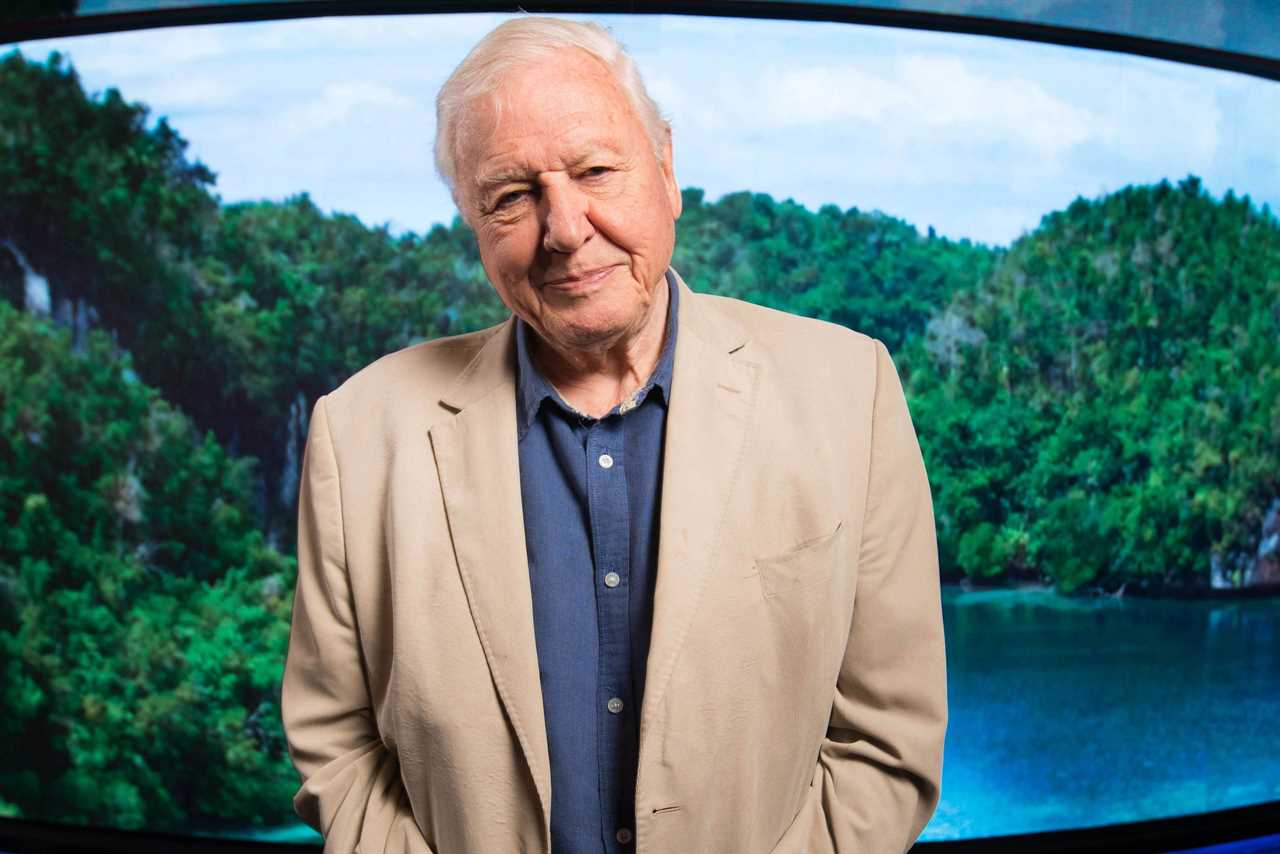
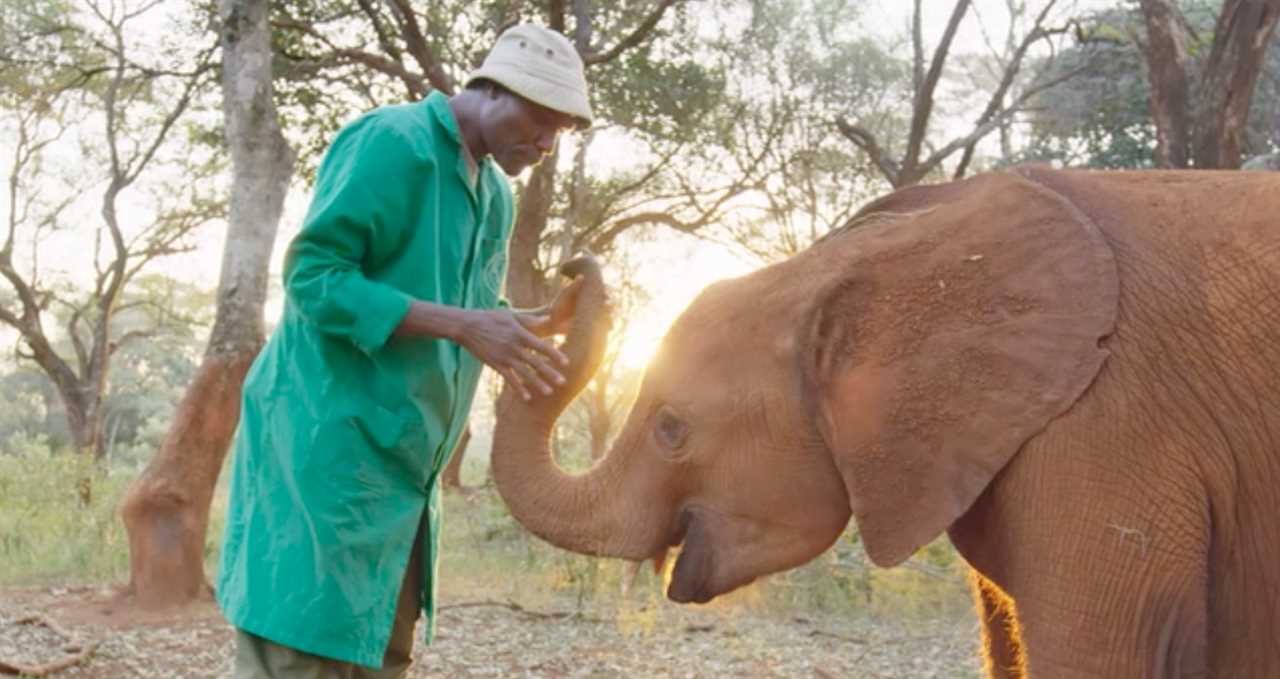
A koala, its fur and paws scorched, crawls through burning undergrowth during last year’s bushfires in Australia before it, too, is saved and bandaged.
Baby turtles are shown drowning in the Amazon as nests are flooded by early storms caused by changing weather, a sloth is saved in a town after its rainforest home is destroyed and poachers haul bloodied sharks from waters off Africa.
Sir David, 94, tells viewers the planet he saw “as a young man has changed beyond all recognition”.
And in A Perfect Planet he warns half of all species could die this century — the biggest mass extinction in 65million years.
The baby elephant, he says, is the victim of human influence “so powerful it threatens the future of life on Earth”.
But he insists it is not too late to help if we act fast to protect the natural world.
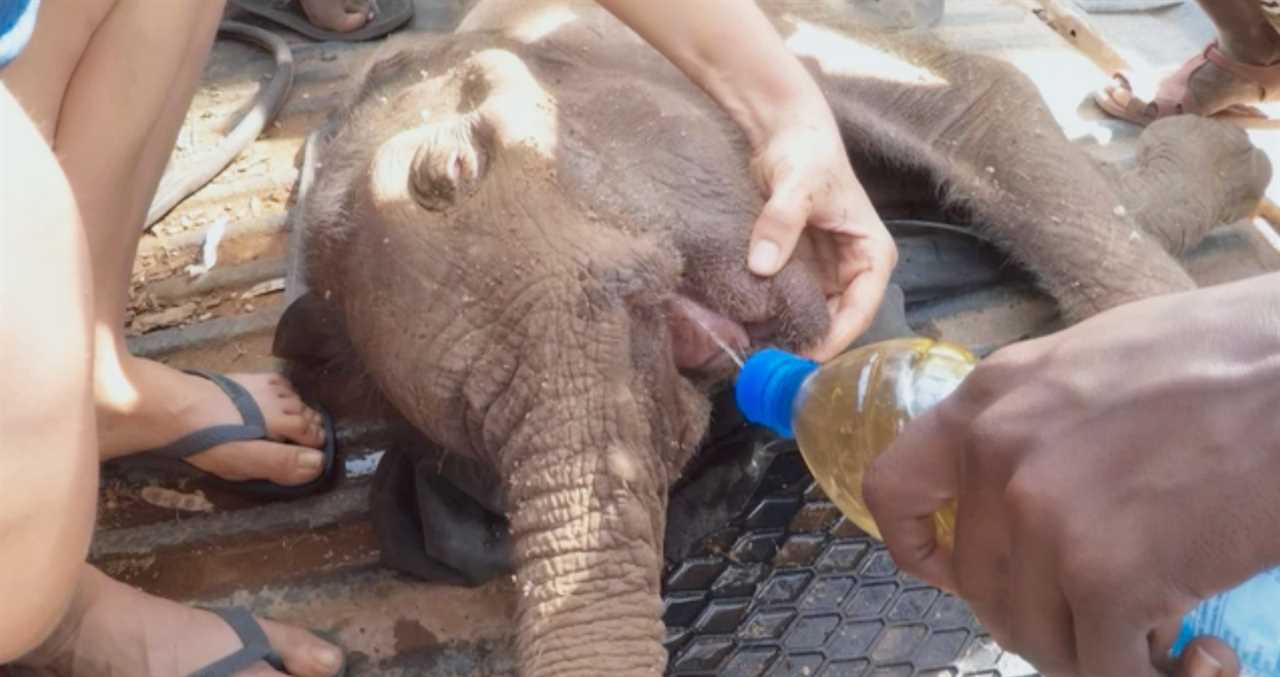
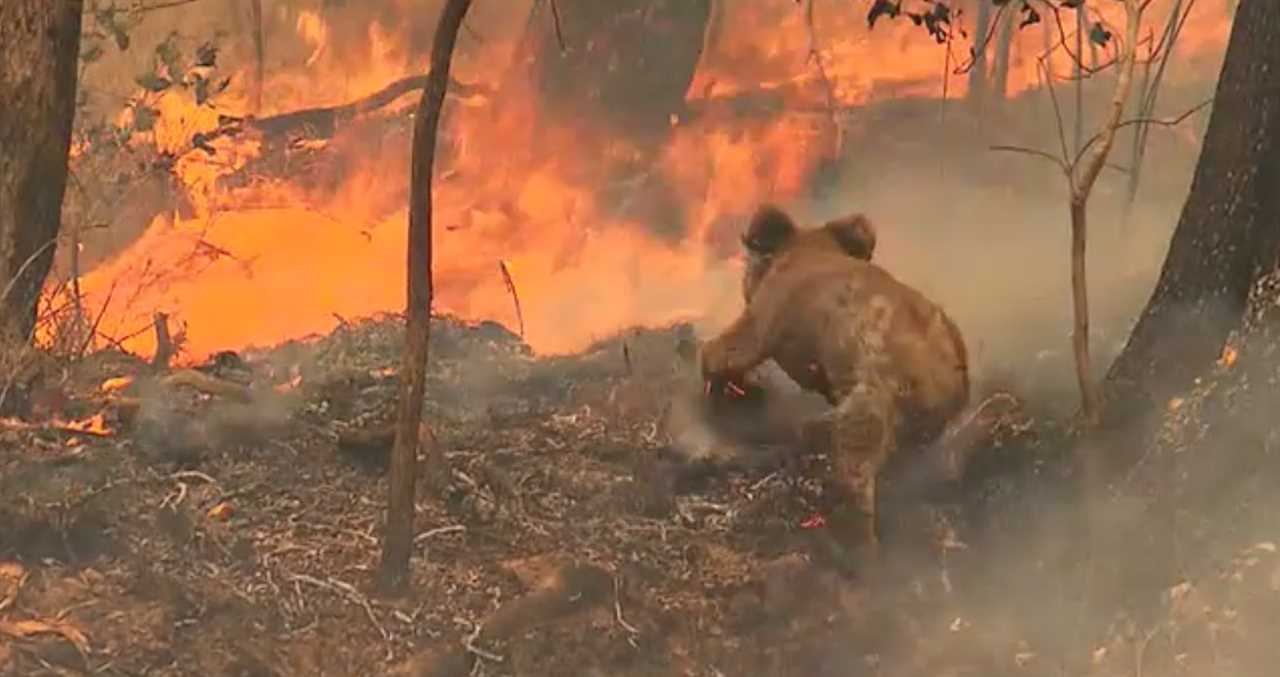
He adds: “We have the capacity and knowledge to stop the damage we are doing. What we don’t have is time.”
Viewers see the efforts being made to protect animals.
Scenes at an elephant orphanage in Kenya’s Tsavo National Park show keepers playing with the creatures and rubbing their trunks to soothe them.
Angela Sheldrick, whose trust has raised 262 young elephants, says: “They are in a sorry state. They are not only physically damaged but psychologically too.
“They’ve suffered such a loss . . . their elephant family, their mothers. The keepers provide the tender loving care and the nurturing that’s so important for them to heal.”
Reflecting on the koala footage, biologist Dr Niall McCann, 38, says there are more fires, droughts and floods today.
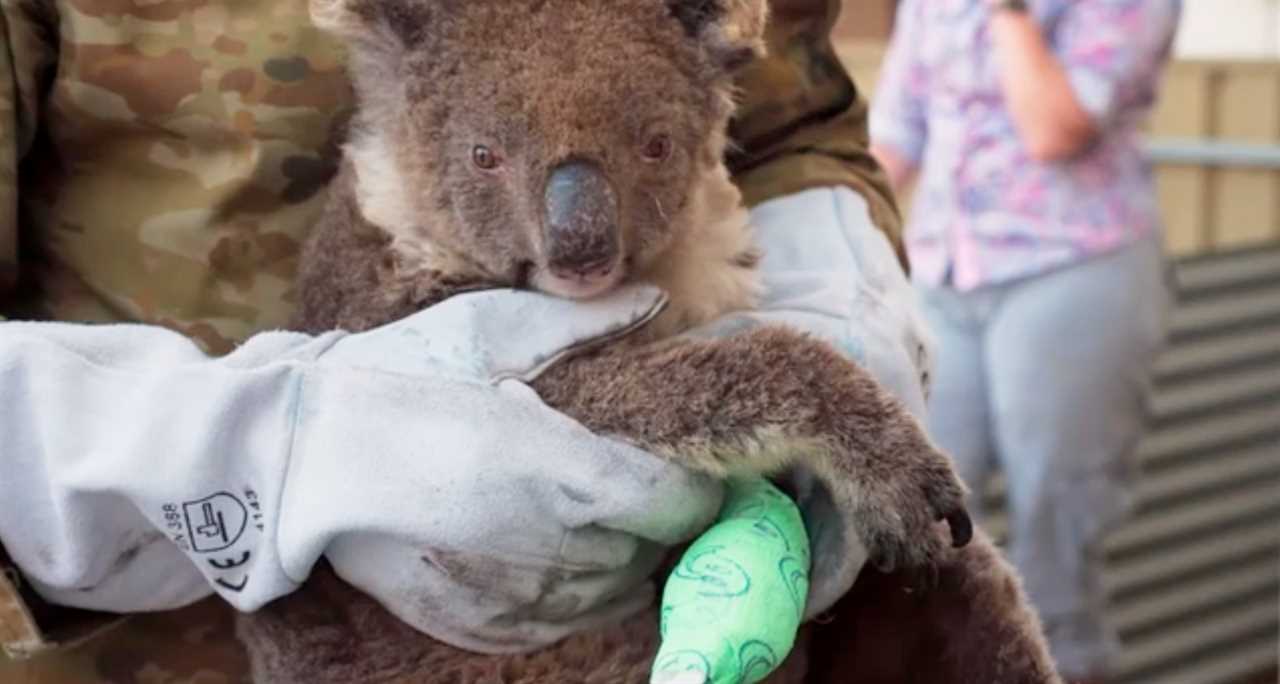
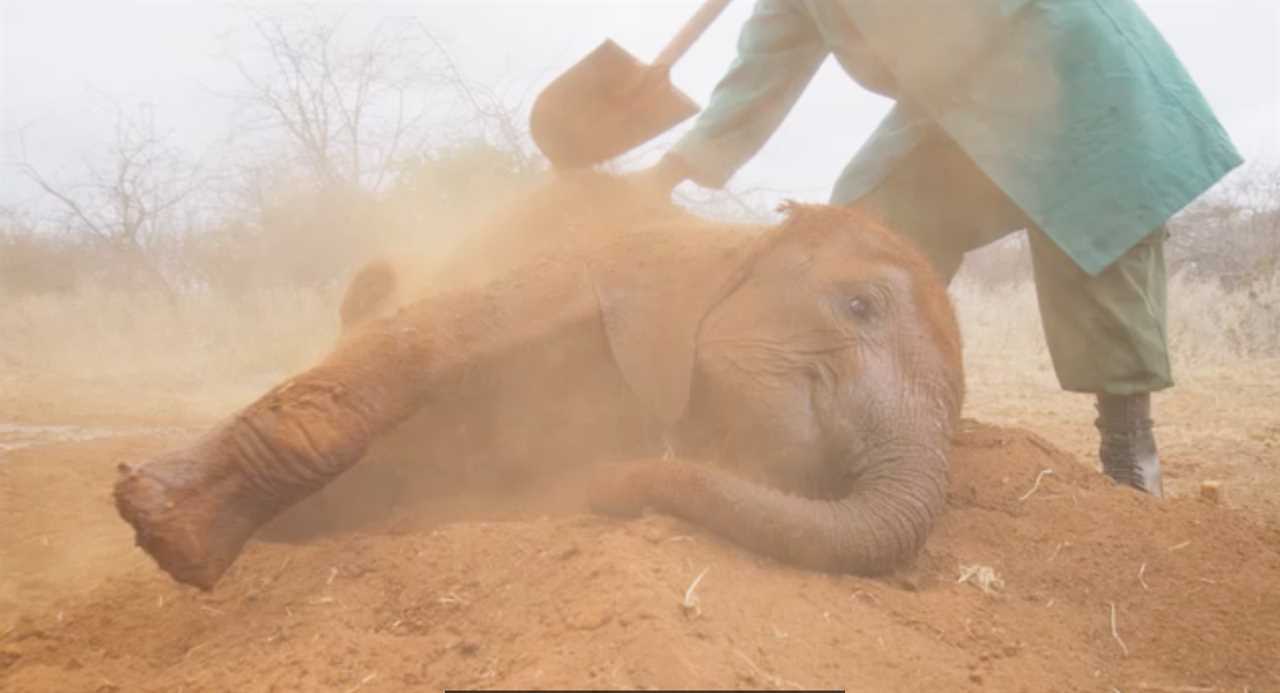
He adds: “These extreme conditions are making it increasingly difficult for animals to survive.”
Dr McCann asks: “Do you want to be the generation that sees the last elephant killed, sees the last fish fished out of the sea, or do you want to be the generation that turns it around?”
Economist and activist Jeremy Rifkin, 75, adds: “This is the single most serious moment in the 200,000 years our species has been on this Earth.
“We will face a runaway cascade of environmental events feeding off each other, taking us into an unknown abyss that could lead to a very quick mass extinction of much of life in a very short period.”
Sir David offers hope by featuring initiatives to combat climate change, such as the planting of a 5,000-mile “green wall” of a billion drought-resistant trees across Africa.
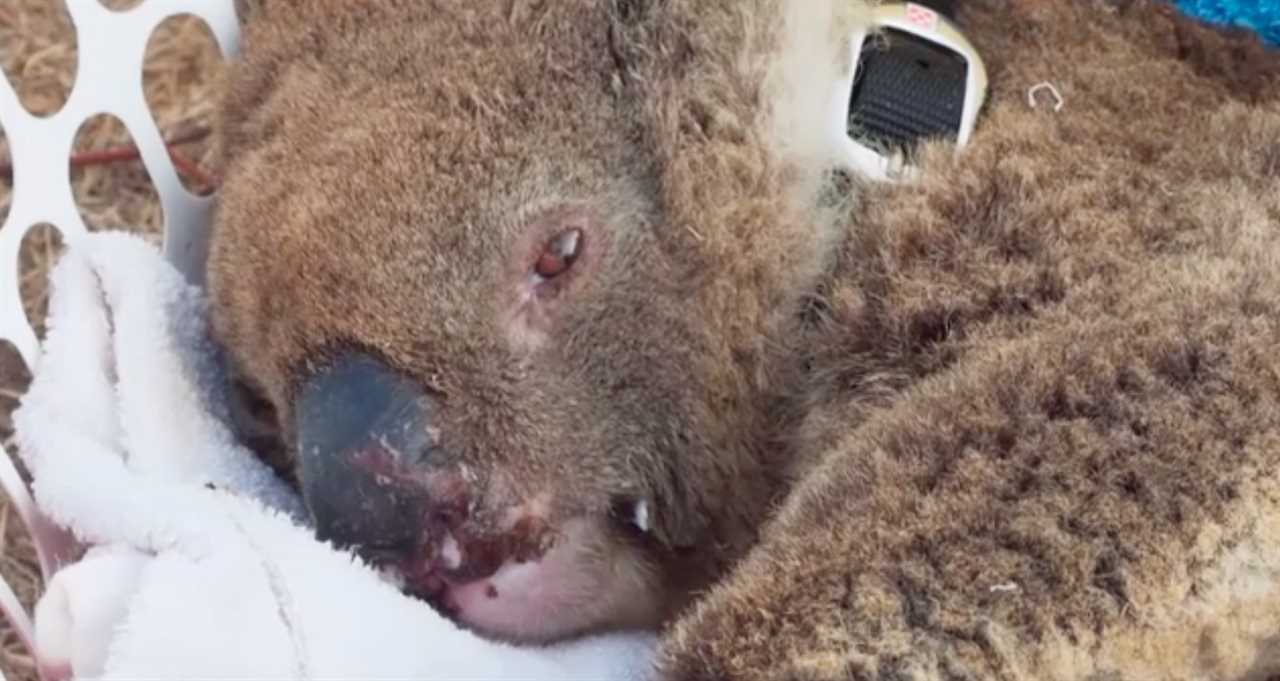
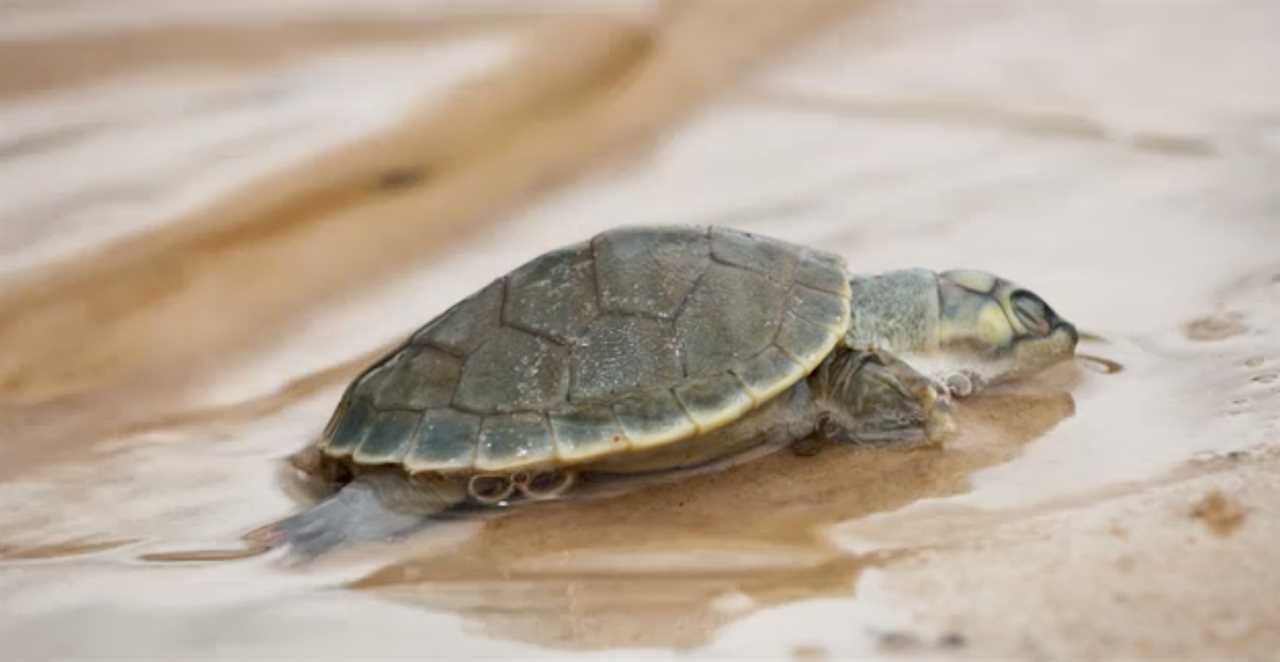
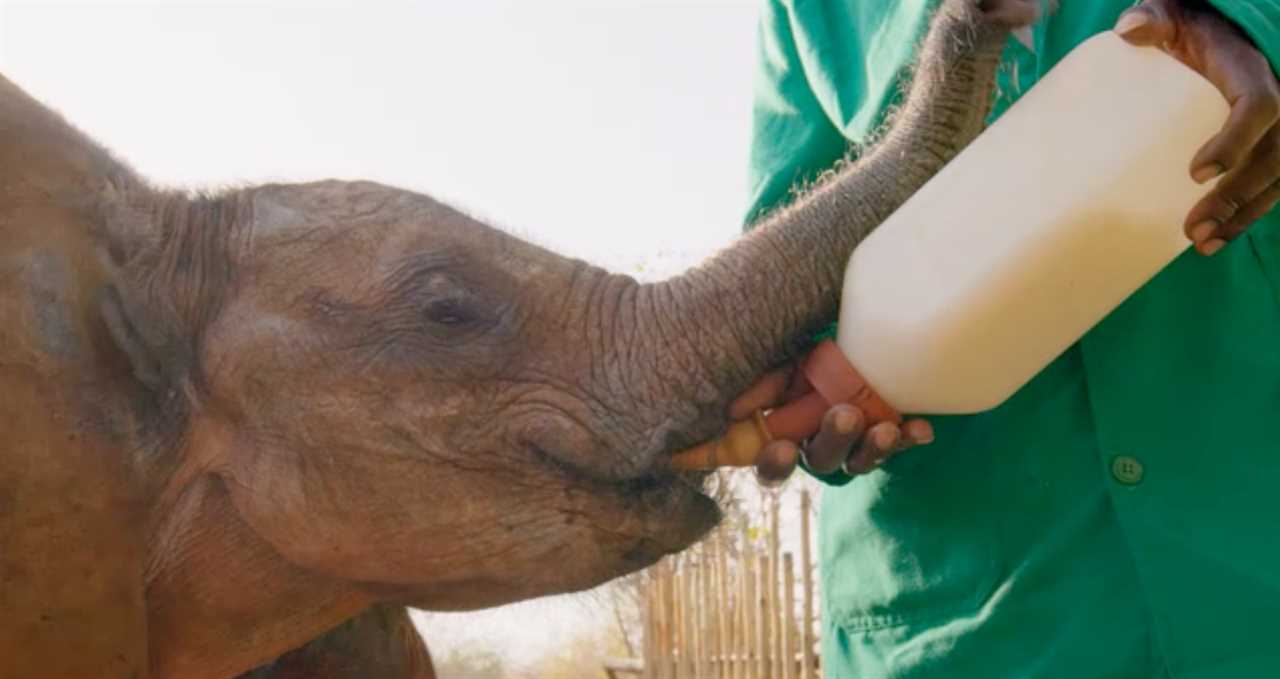
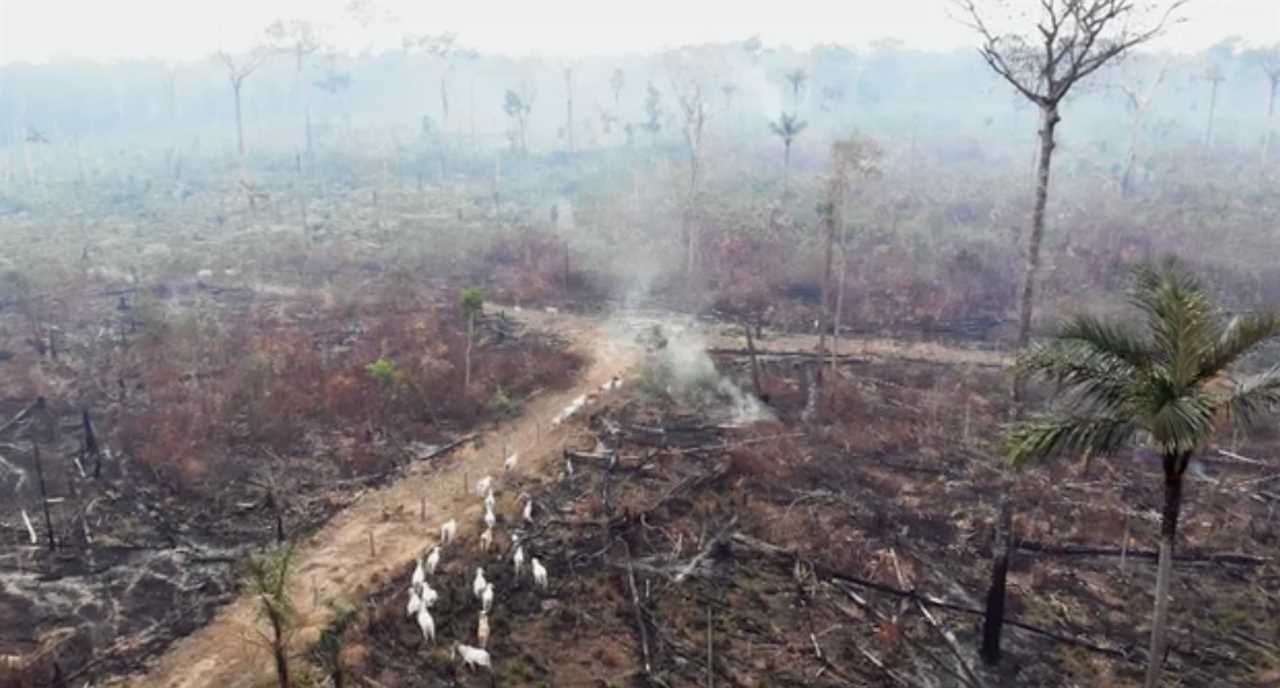
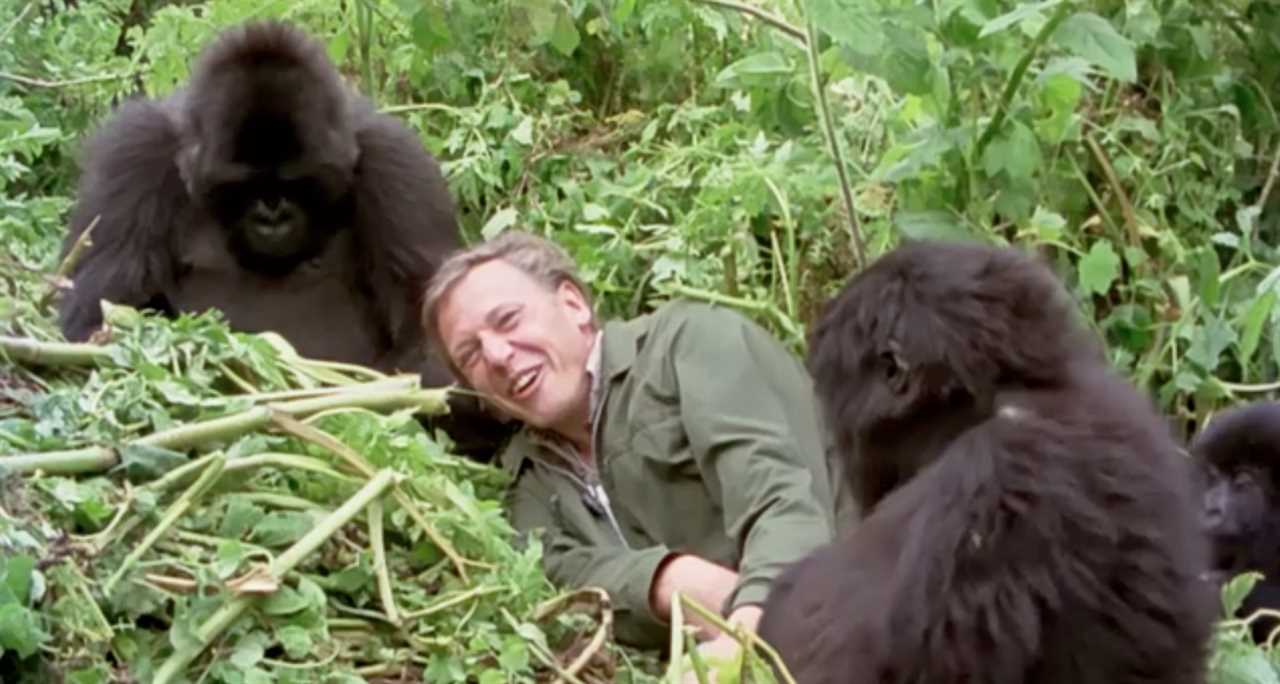
He visits a “frozen zoo” where the DNA of 10,000 endangered animals is stored for cloning in future.
And he adds: “My inspiration and hope for the future lies with the next generation — but we all have a responsibility to reduce our carbon footprints, harness the forces of nature for our energy and protect the natural world.
“The survival of humanity and our fellow creatures on Earth depends upon it.”
- Perfect Planet is available on BBC iPlayer from today.






